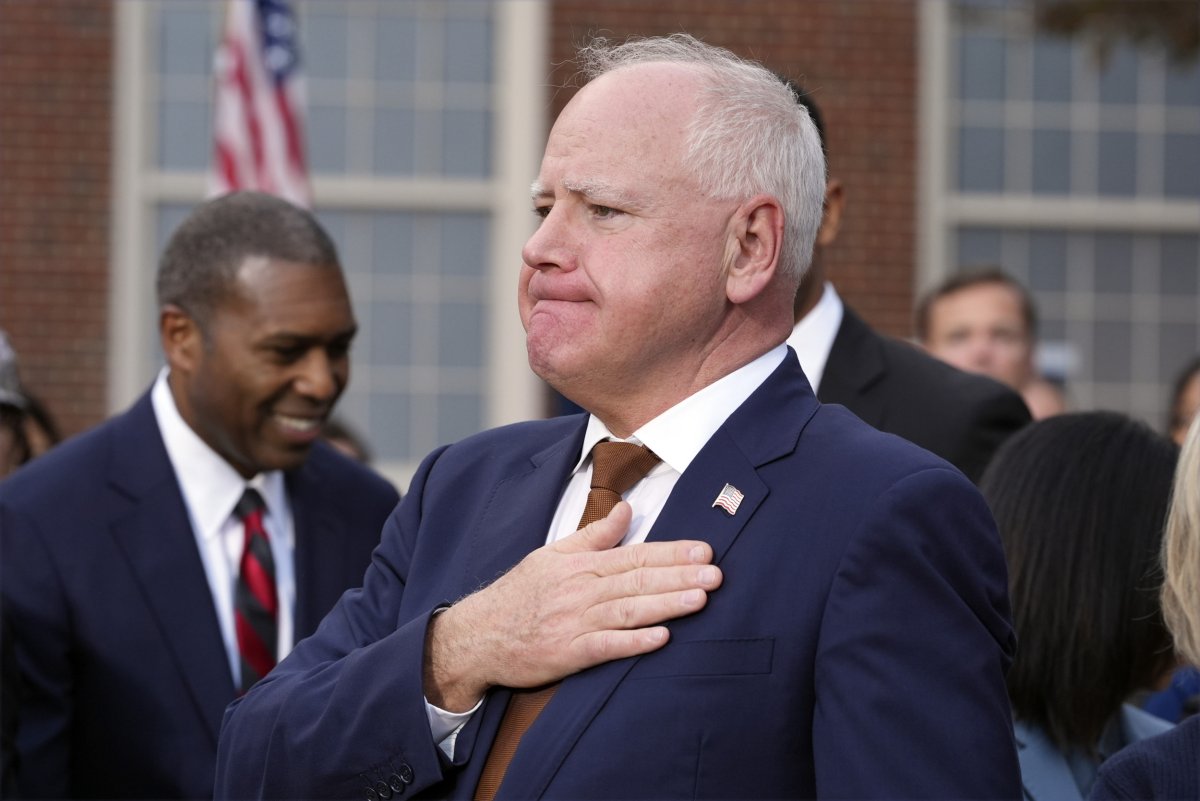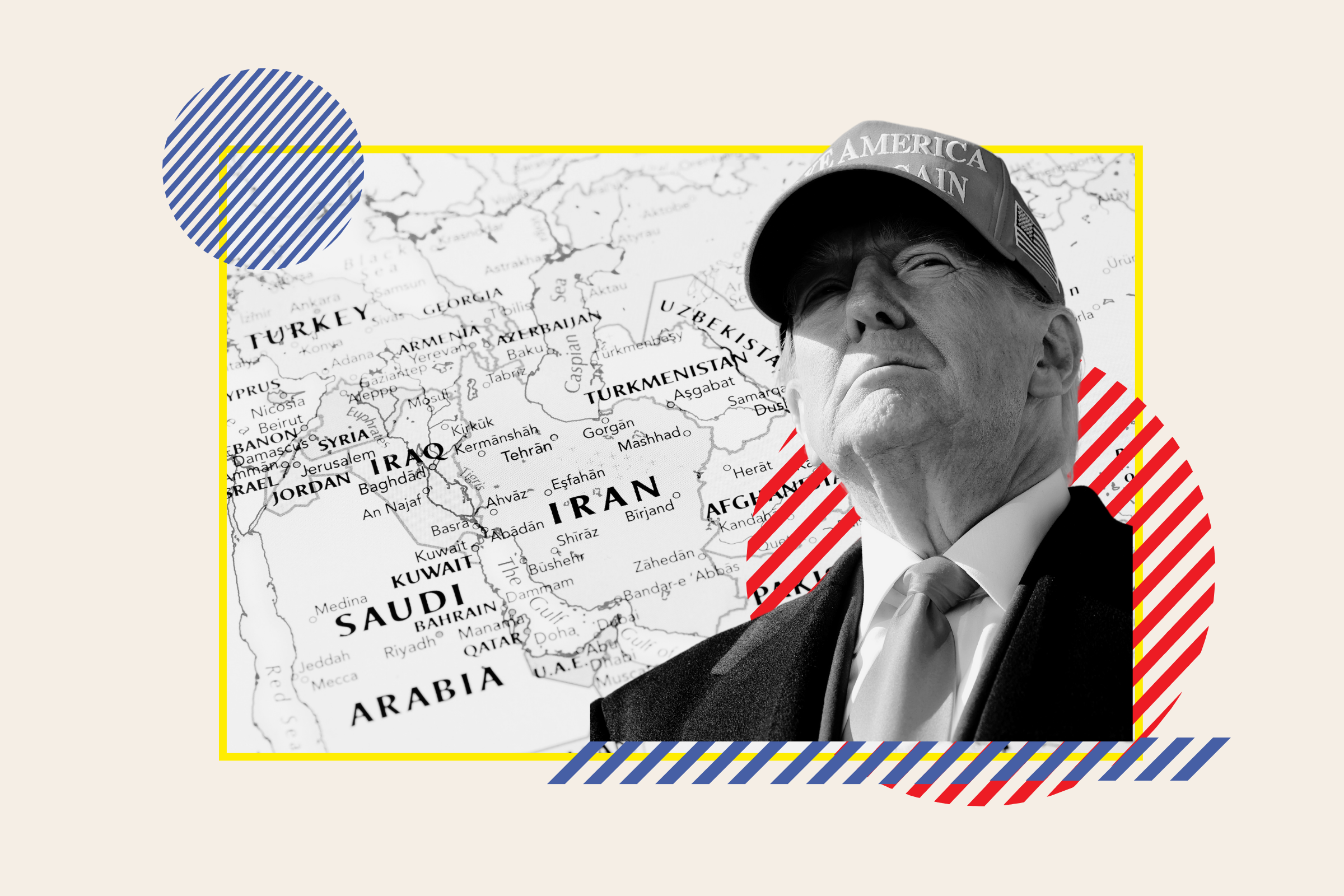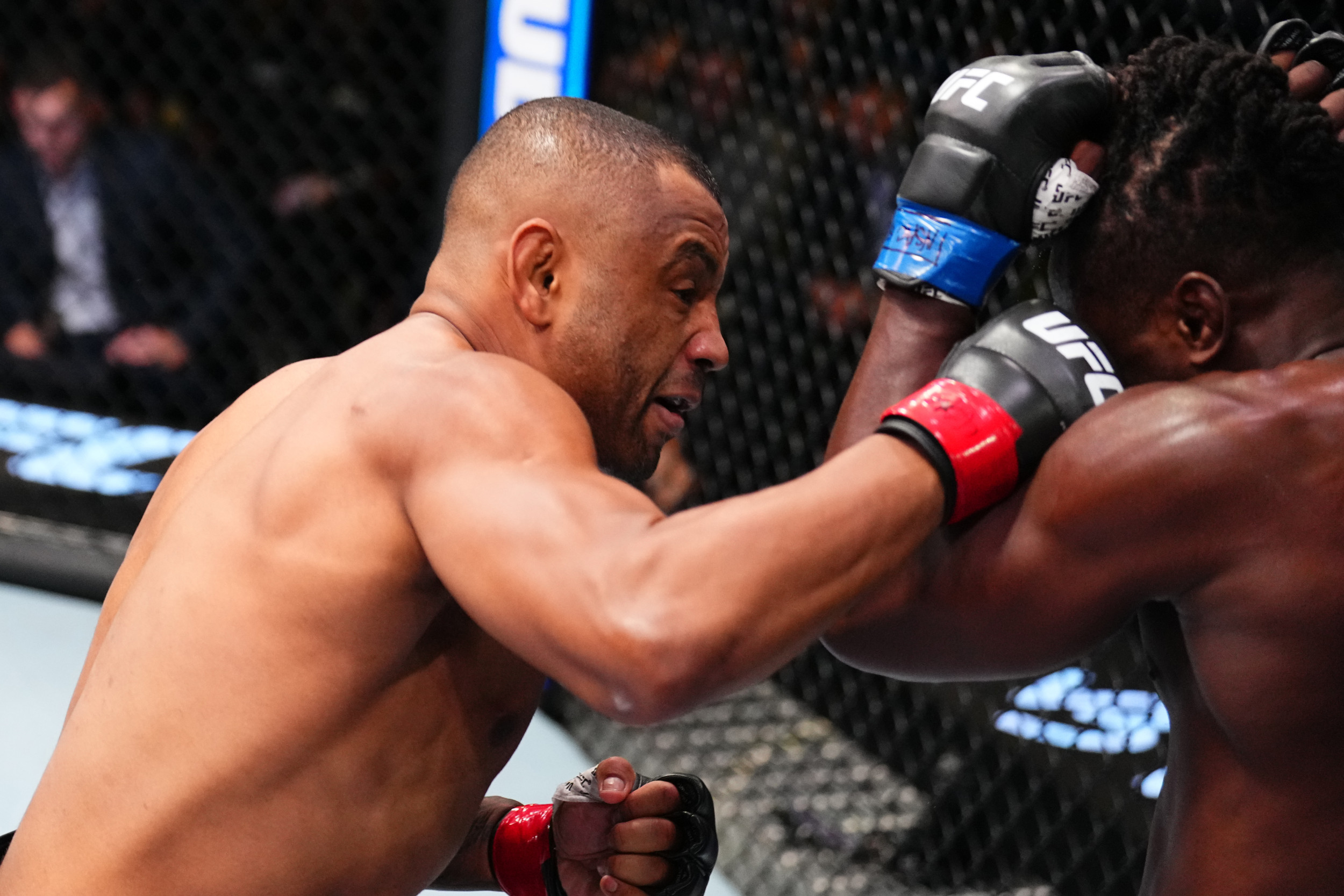Minnesota Governor Tim Walz said he will "stand up and fight" against Republicans and President-elect Donald Trump's administration if they come after his state.
The former Democratic vice presidential nominee gave a concession speech on Friday in his state. Walz's campaign with Vice President Kamala Harris ended during the early hours of Wednesday when Trump received enough electoral votes to become the 47th U.S. president. Walz told the audience on Friday about his love for America and willingness to continue having his voice heard.
"The moment they bring a hateful agenda to this state, I'm going to stand up and fight for the way we do things here," Walz said. "We're going to have to fight a little harder ... We can do it. We will do it, and we'll do it together."

Walz became Harris' running mate about two weeks after President Joe Biden withdrew from the 2024 presidential election. Walz was seen as a loyal governing partner as well as someone who could relate to young men, as he served in the Army's National Guard and is a gun-owning hunter as well as a former high school football coach. Harris said she went with her "gut" in choosing Walz.
The Minnesota governor was traveling extensively with and without his running mate throughout the campaign, making appearances on Twitch sites and local establishments. Walz spoke to college students, attended football games and hosted his own rallies, where he became recognized for calling Trump and Vice President-elect JD Vance, U.S. senator for Ohio, "weird," and that the government should "mind its own d*** business."
On Friday, Walz reflected on his time traveling the country, saying he recognized that "people want security" as well as the "freedom to live their lives the way they want to live it."
"There should be a place in our politics for everyone to be heard. I think sometimes we can be quick to judge people who don't agree with us," Walz said. "I think we ought to swallow—and this is me in it—swallow a little bit of pride."
Walz also recognized the deep emotions many voters have felt these past few days.
"I just want to acknowledge the moment. It's hard. It's hard to lose," Walz said. "It's hard to understand how so many of our fellow citizens ... wound up choosing the other path. If you're feeling defeated or discouraged today, I get it. Take some time."
He encouraged people to eventually look at the "millions of ways to get involved" in their own communities, saying that when people are ready to get back out there and fight, "just know I'll be right here with you."
"I love this country, I love this state, and I'm not done fighting," Walz said.
His postelection speech about vowing to fight is not unlike other Democratic governors. New Jersey Governor Phil Murphy told reporters on Wednesday that his team had recently held a meeting to "war game" the prospect of a second Trump presidency.
"If it's contrary to our values, we'll fight to the death," he said. "If there is an opportunity for common ground, we'll seize that as fast as anybody."
California Governor Gavin Newsom on Thursday called for lawmakers to convene a special session to bolster the state's legal resources to protect civil rights, reproductive freedom, climate action and immigrant families.
"The freedoms we hold dear in California are under attack—and we won't sit idle," Newsom said in a statement. "California faced this challenge before, and we know how to respond."
New York Governor Kathy Hochul has convened a task force—called the Empire State Freedom Initiative—to "develop strategies for protecting New Yorkers from a variety of policy and regulatory threats that could emerge under President-elect Trump."
Massachusetts Governor Maura Healey, who filed dozens of lawsuits against Trump as the state's attorney general during his first term, has said that she expects litigation will be filed if Trump proceeds with plans for mass deportations.
"There's going to be a lot of pressure on states and state officials, and I can assure you, we're going to work really hard to deliver. I'm sure there may be litigation ahead," she said on MSNBC.
"Every tool in the toolbox has got to be used to protect our citizens, to protect our residents and protect our states, and certainly to hold the line on democracy."




















 English (US) ·
English (US) ·